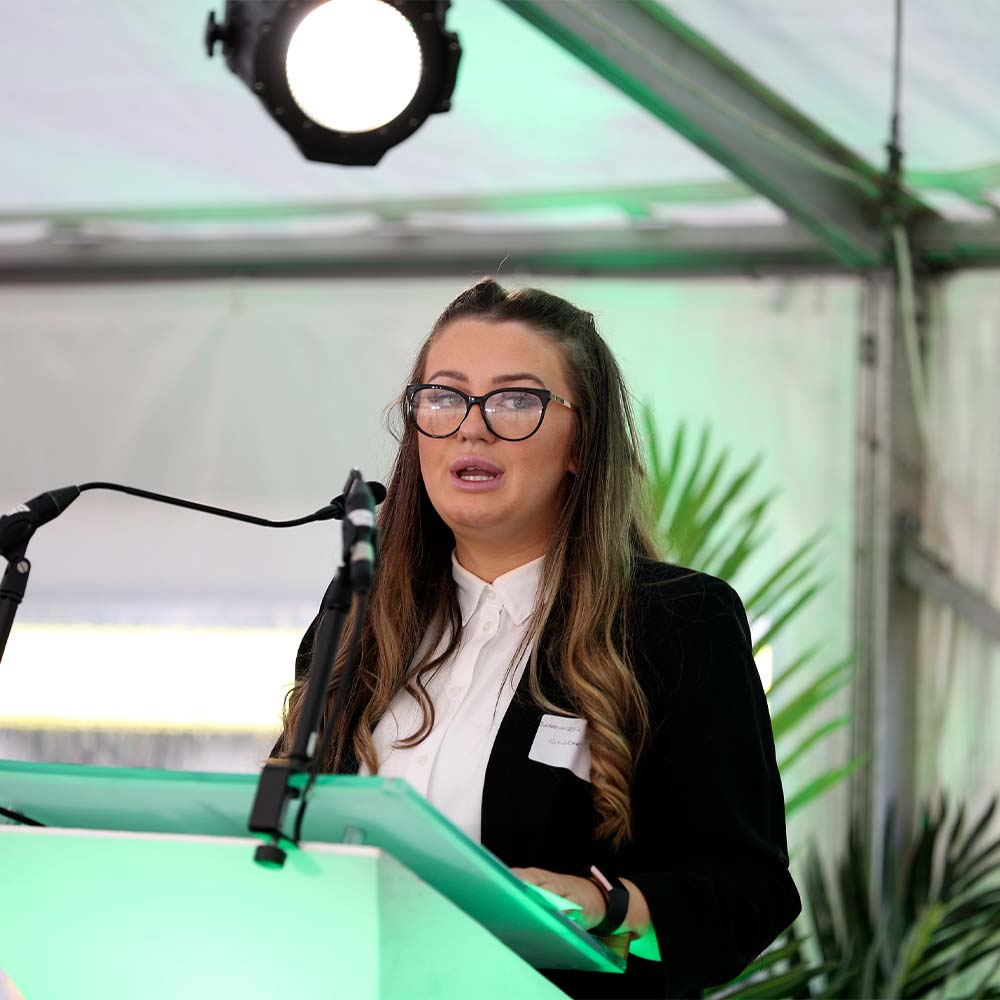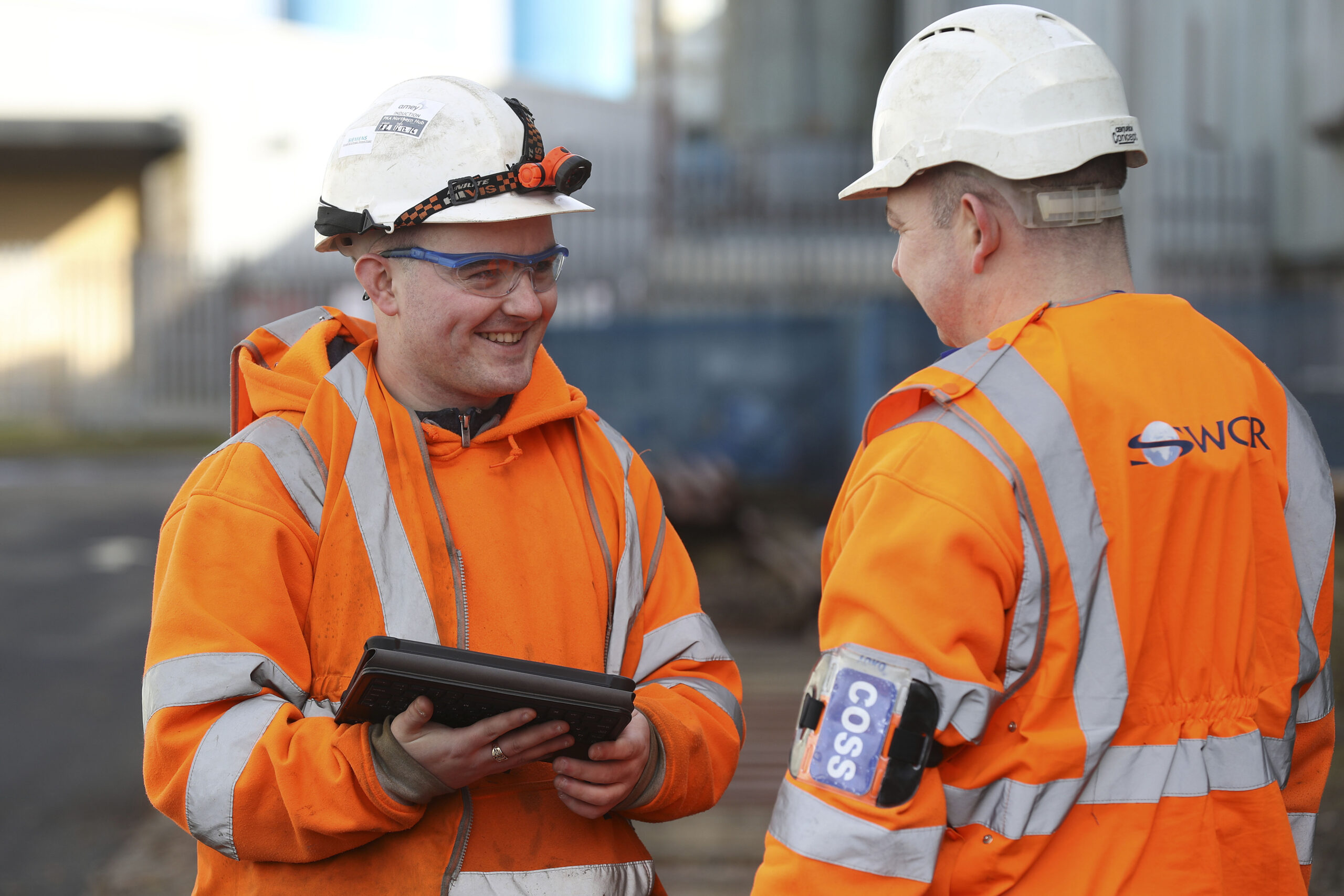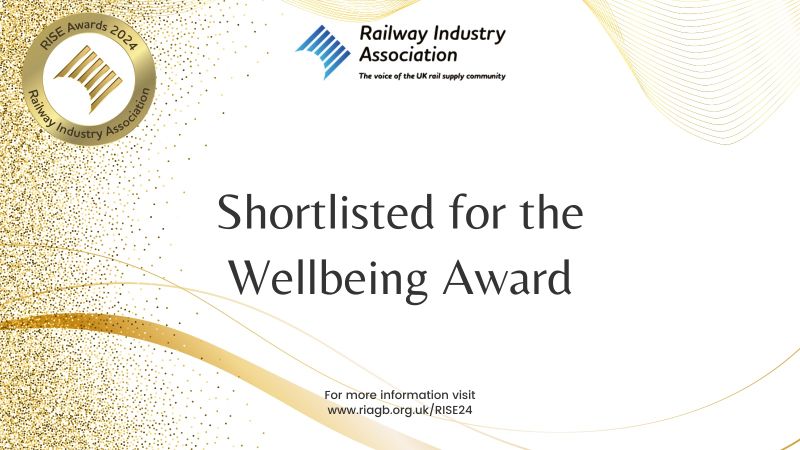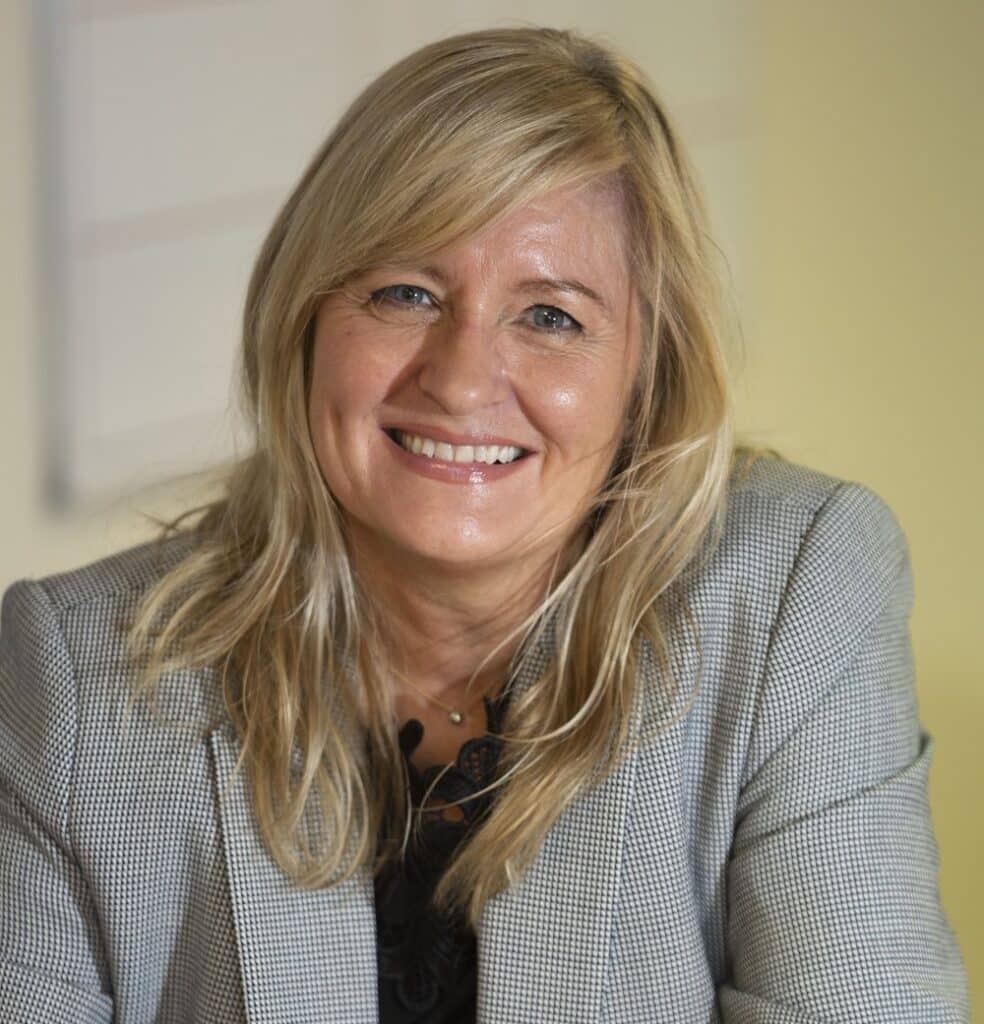
Date
Infrastructure support services provider SWGR has outlined how it aims to reduce its carbon footprint and its focus on supporting local communities.
The rail industry’s impact on the environment has been high on the agenda for many regulatory bodies and, as a commitment to working towards becoming carbon-neutral, SWGR is working with an independent environmental consultancy to determine where it can make changes to become carbon-neutral by 2025.
At a recent COP26-focused event hosted by Scottish Engineering, SWGR joined high-profile people from within the industry, including Network Rail Scotland’s Head of Engineering Scott Wardrop. Speakers from SWGR discussed some of the measures the company has already taken in order to make a tangible difference from an environmental perspective and emphasised the importance the business had placed on sustainability.
Initiatives such as the introduction of an electric fleet into frameworks, committing to the Network Rail Science-based Charter, focusing on using biodiesels where possible and using sustainable and renewable energy wherever energy is used, have all contributed towards a reduction.
Raymond Johnstone, SWGR’s Head of ScotWeld, Scot-Train and SIS, said: “If we are to take our environmental impact as an industry seriously, we need to work together and make industry-wide changes that will shape how we work in a more sustainable way.
“SWGR continues to lead in its drive to develop pragmatic and tangible initiatives that will transform how our colleagues work at the frontline service end of the market.
“The team at SWGR is proud of the work that we are doing to make a real and measurable positive sustainable impact through the initiatives we have rolled out. Our work with an independent environmental consultancy has demonstrated our sincere and pragmatic intent to achieve carbon neutrality by 2025.
“That doesn’t start when our frontline colleagues arrive on site – it starts from the moment they leave their homes. We need to provide everyone working in this industry with both the tools and the knowledge on how they can make a difference and enforce that as businesses in order to benefit future generations.”
Providing local jobs for young people
The SWGR team also spoke about the wide range of apprenticeships and initiatives to encourage younger people to consider a career in the industry and the steps the business has taken to introduce new apprentices to start understanding the various aspects of the rail working environment.
The company is also working with colleges such as Edinburgh College to give students there an opportunity to get work experience through weekend shifts – with full training and competency provided through its NSAR Gold-accredited training facility, Scot-Train.
Speaking at the event was SWGR’s Shannon O’Hare. Shannon gave a passionate address about her time at SWGR so far and the support she had received completing her apprenticeship and moving into a full-time role. Shannon wanted to quickly gain experience in a role and progress into a career, rather than taking the university route. Local to SWGR, she joined the company six years ago as an apprentice. Shannon is now a qualified HR professional and is working her way towards a more senior role within the company.
Shannon said: “I am grateful to have been able to start a career at a business that is local to me and one that cares about its people.
“I love working with people and the nature of our business means that I am able to work and learn from multiple departments and really develop my skills.
“I know there are many here that have taken an apprenticeship within a certain department but found other areas interesting and moved to another department within the company instead. SWGR gives you that flexibility and it helps to keep people happy and eager to progress themselves within the company.
“Now I am working towards a more senior role and SWGR continually encourages me to develop my skills and learn more by taking courses which will further my career. I know people from my school year that have completed a HR degree to not be able to find a role in their chosen career path. SWGR actively promoted apprenticeships and demonstrated the importance of gaining experience and choosing this approach has made such a difference to me.”
Shona Clive, who heads up the Rail Cluster programme for Scottish Engineering, said: “It was fantastic to hear how companies like SWGR are making a visible difference to how it works to improve itself from both an environmental and social value point of view.
“There continues to be a shortage of skills in the industry we work in – so it was refreshing to hear Shannon’s story and SWGR’s approach to skills and development. If, as an industry, we can be working to attract more younger people like Shannon, then these are reassuring signs for the engineering sector.”





